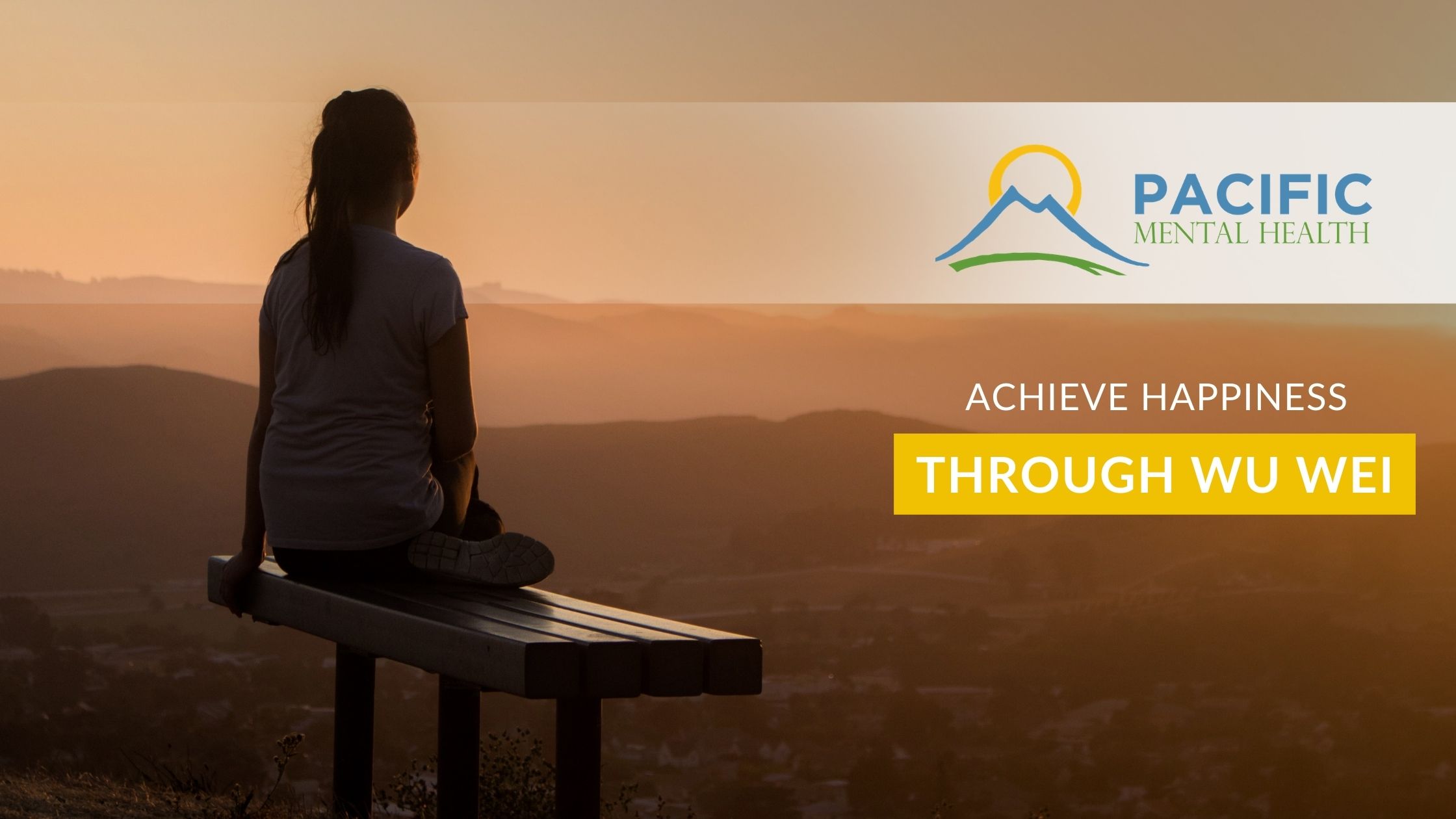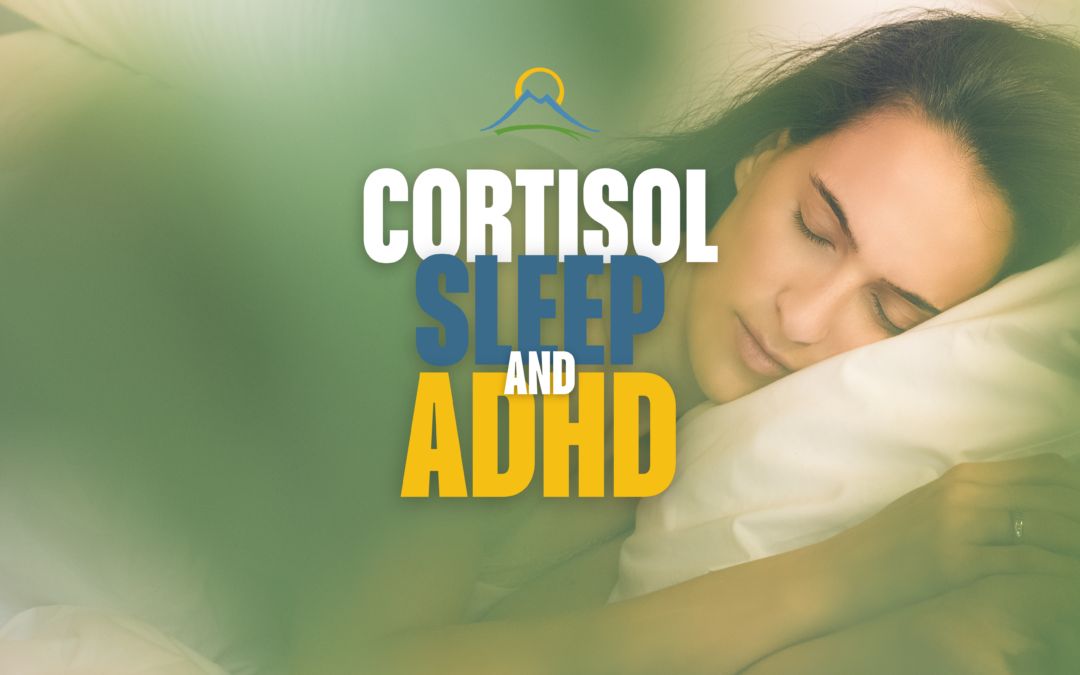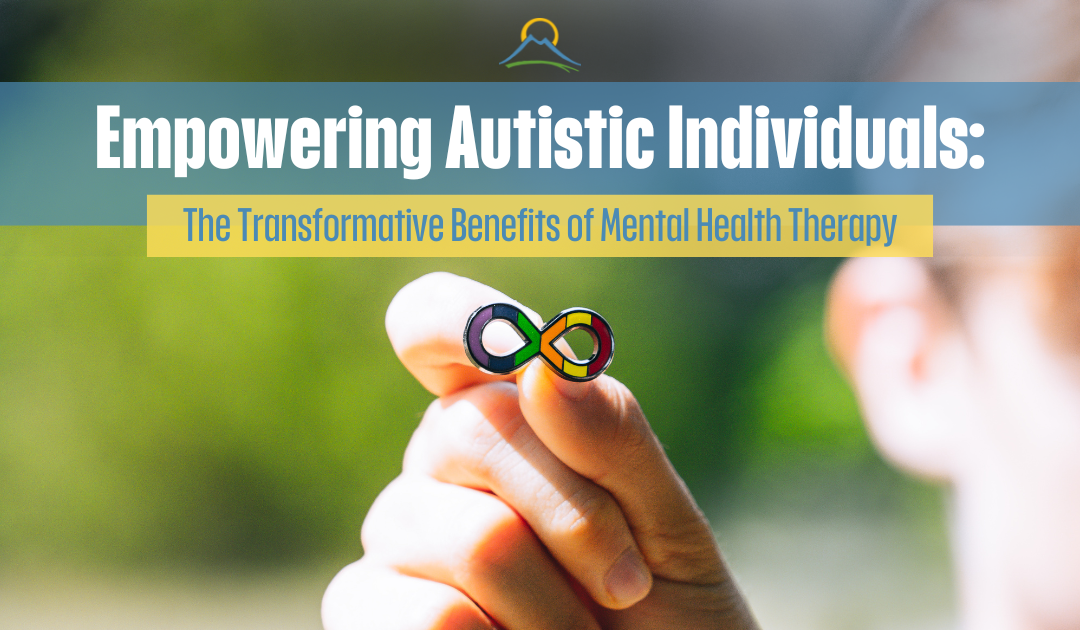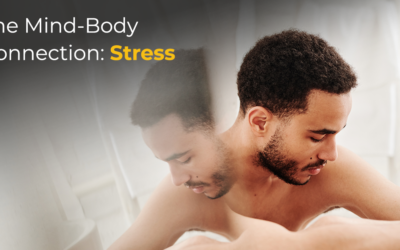Imagine eating spaghetti with a spoon.
As weird as it sounds to visualize, you will likely struggle with putting noodles in your mouth. What about finding yourself bringing the wrong gear in the middle of a backcountry hike? Unless you have a hiking mate to help you out, things can get messy. Using the wrong tools can not only be ineffective, but also life-threatening.

Indeed, many of us understand the importance of using the right physical tools to solve problems, and yet, few of us rarely acknowledge we can choose our mental tools as well. Using the wrong mental tools results in more distress in life.

Most of us are conditioned to think in certain lenses based on the cultures we live in. And some of us rarely get a chance to question those lenses. The most beneficial part of selecting our mental tools is we can approach life in different lenses that are more adaptive to the situation. As a result, we can move forward in a healthier fashion. In this article, I will address how to use the ancient Taoist philosophical concept Wu Wei to achieve happiness, and to boost the quality of your life.
What’s Wu Wei?
Wu Wei is the art of balancing action and inaction. In other words, knowing when to stop trying.
Here is an example of applying Wu Wei to achieve happiness. We see articles talking about happiness frequently in health-related magazines such as Psychology Today and Health. How to increase happiness, 5 steps toward happiness, the secret behind true happiness, etc. There are millions of articles teaching us how to be happy, and they seem to push the agenda that happiness can be acquired through step-by-step processes.
What if happiness comes to us without our active pursuit?
This is when the idea of Wu Wei kicks in.
When we “try” to be happy, it sometimes does the opposite. For example, some of us think money can bring happiness. While it holds some truth, many people find that this kind of happiness fades away quickly. When people actively pursue happiness, sometimes the ultimate feelings are ones of constant emptiness and dissatisfaction because they see happiness as a “result”.

Wu Wei implies that happiness comes to us when we do things we enjoy. For example, having comfort food after a long day of work, or talking to a good friend you haven’t talked to in a while. In these cases, we simply enjoy the taste of the food and the conversation with someone we care about, and happiness comes to us when we immerse ourselves into those experiences.
Indeed, happiness can sometimes happen as a result of our active pursuit, but there are other forms of happiness that come to us without us even trying. Happiness happens when we are doing things we simply enjoy. It is a byproduct of our actions, not a result of them.
What you need to know…
The ancient Taoist philosophical concept Wu Wei challenges the idea that happiness is something we can pursue. Through inaction, long-lasting happiness comes to us because we do things we simply enjoy, not for the pursuit of happiness.








0 Comments